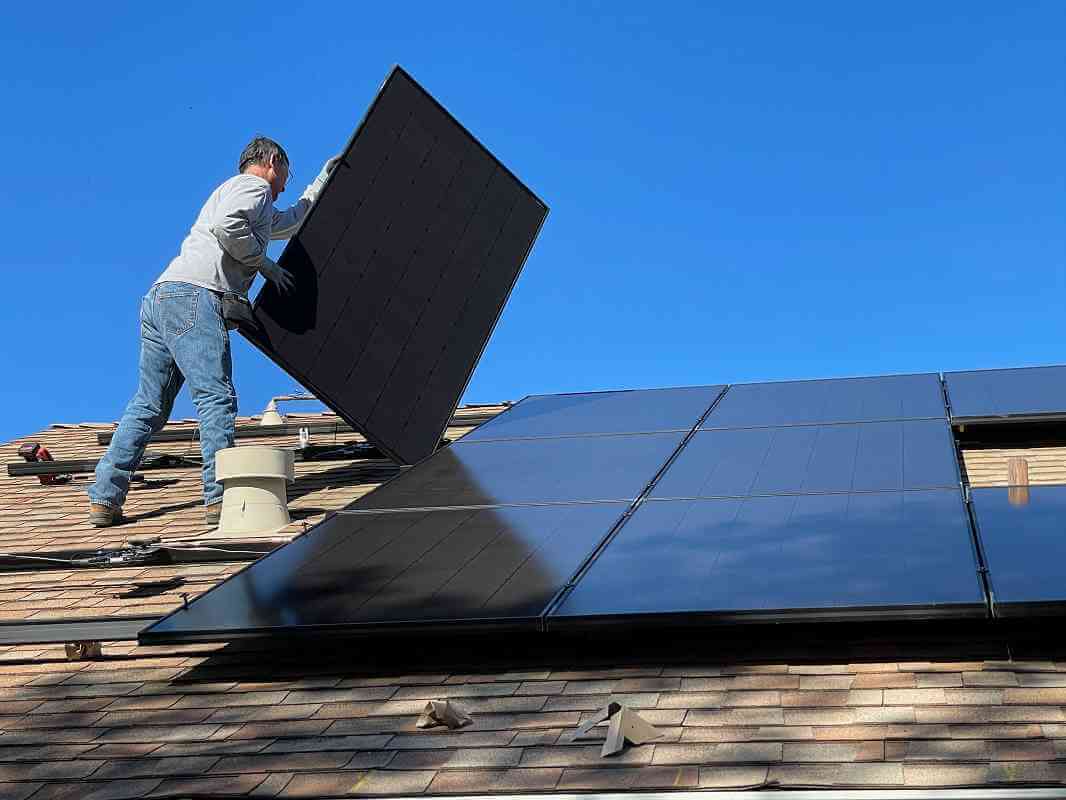When considering installing a solar panel system in your home, there are many factors to keep in mind. At the end of the day, going solar is a big decision that may or may not be right for you.
What is Solar Power?
Also known as photovoltaic power systems, solar panels are a means of harnessing the power of the sun in order to generate electricity.
How Does it Work?
The panels are activated by sunlight which causes the cells to produce electrical current which is converted to electrical energy which then powers your home.
Why Go Solar?
Having a photovoltaic system installed can raise the value of your home and save energy costs, as well as reducing air pollution.
What are the Environmental Benefits?
Reduces your dependence on non-renewable energy sources, helps reduce pollution in the air, lower lifecycle levels of greenhouse gas.
How Much do They Cost?
The average cost of installing solar panels in Colorado ranges between $13,000 and $18,000.
How Long Before You See Benefits?
Typically, homeowners can expect their panel installation to pay for itself in 12 years, or less.
How Does it Affect Taxes?
A 22-26% tax break is provided, depending on when the system was installed.
Is My Home Suitable for Solar?
Unless your energy bill is under $75, you can expect a residential home to reap some benefits from installing a solar panel system.
Can I Install Them Myself?
You absolutely can install them yourself, though it requires some effort. Another great option is to hire a local contractor to help, or use as a resource to answer any questions.
Why Go Solar?
The most substantial reason, other than environmental benefits, of installing a solar panel system, is a reduction in the cost of your electricity.
Pros and Cons:
Pros: Con:
Lower Bill Weather Dependent
Reduces Carbon Footprint High Installation Cost
Tax Breaks (eligibility depending) Some Tax Breaks May Expire
Net Metering gives you the Replacement Parts May Be
potential to sell excess energy Necessary
Bottom Line:
While it may seem a daunting task to install a solar panel system, consider this a long-term investment. A photovoltaic system will likely pay for itself and some with time. The reduction of carbon footprints helps all of humanity in the long run, which may be a motivating factor for many people, as a typical residential home can eliminate three to four tons of carbon emissions per year.
